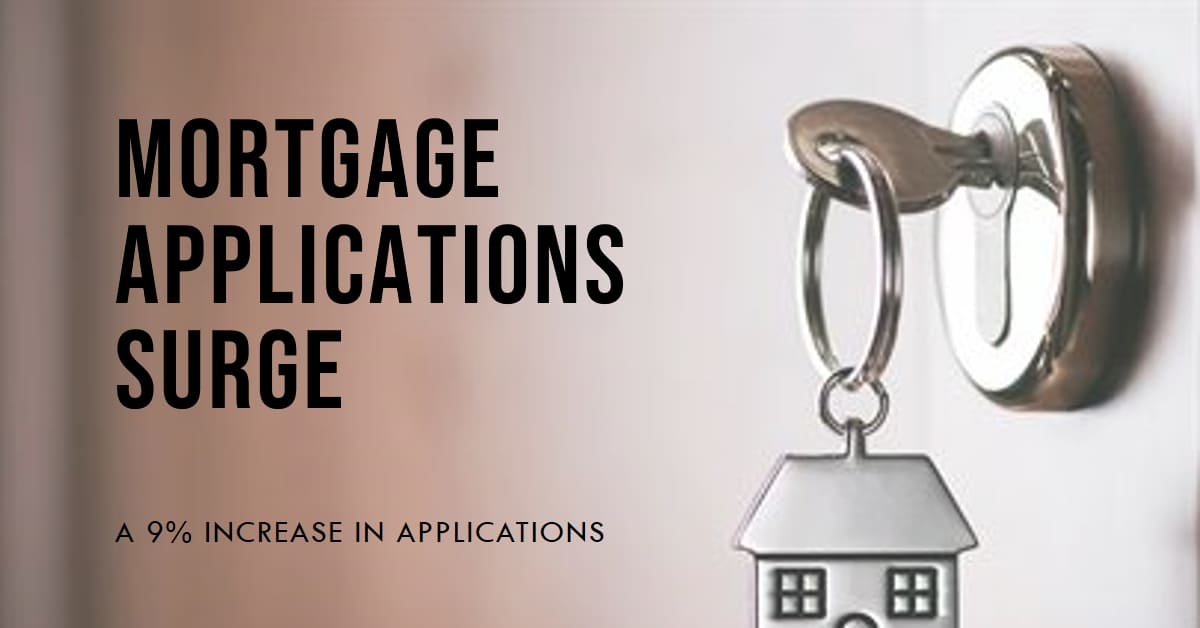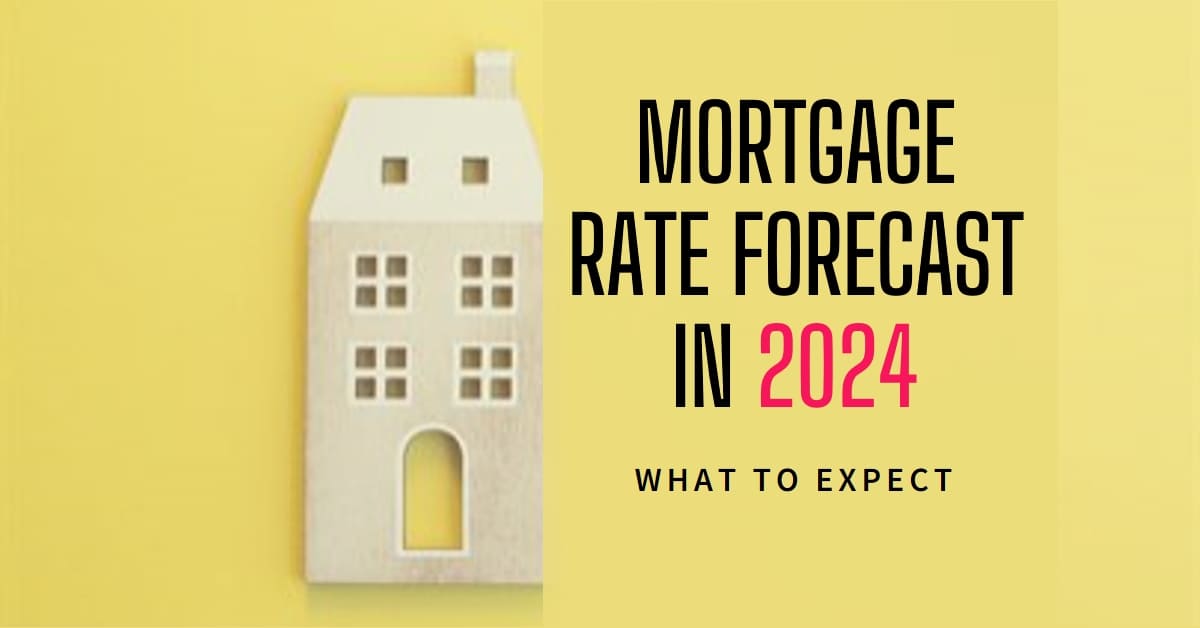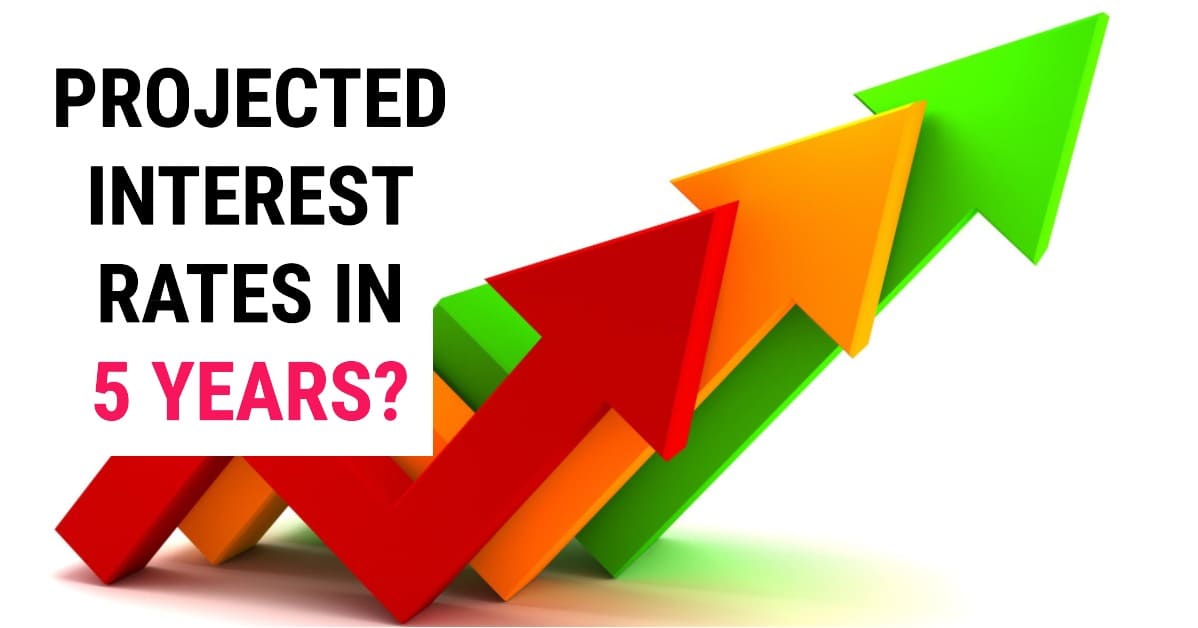Despite the holiday season, homebuyers and homeowners are rushing to secure mortgages, leading to a significant 9.9% increase in applications, according to data from the Mortgage Bankers Association’s (MBA) Weekly Mortgage Applications Survey. The last week of December witnessed a drop in mortgage applications, but the overall trend indicates a noteworthy surge.
Key Insights from MBA's Weekly Mortgage Applications Survey
The Market Composite Index, serving as a gauge for mortgage loan application volume, experienced a substantial 9.9% increase, marking a 45% rise compared to the previous week. Joel Kan, MBA Vice President and Deputy Chief Economist, noted that despite an uptick in mortgage rates at the beginning of 2024, applications increased after adjusting for the holiday.
Refinance and Purchase Indices
The holiday-adjusted Refinance Index surged by an impressive 19% from the prior week, indicating a robust refinance market. Additionally, the unadjusted Refinance Index exhibited a remarkable 53% increase from the previous week and was 17% higher than the same week in the prior year. The seasonally-adjusted Purchase Index also saw a substantial rise of 6% from the previous week, indicating increased activity in the home purchase market.
Market Dynamics and Government-Backed Loans
The refinance share of mortgage activity increased to 38.3% of total applications, up from the previous week's 36.3%, showcasing the dominance of refinance transactions in the current market. The adjustable-rate mortgage (ARM) share of activity decreased to 5.4% of total applications, indicating a preference for fixed-rate mortgages.
Government-backed loans also experienced changes in market share. The FHA share of total applications decreased slightly to 14.4%, while the VA share increased to 16.3%. The USDA share of total applications decreased marginally, reflecting shifts in demand for different types of government-backed loans.
Impact of Rising Rates on Contract Interest Rates
With rising rates impacting the market, the average contract interest rate for 30-year fixed-rate mortgages with conforming loan balances increased to 6.81%. Jumbo loan balances also witnessed an increase, with the average contract interest rate for 30-year fixed-rate mortgages rising to 6.98%. FHA-backed mortgages saw a similar trend, with the average contract interest rate increasing to 6.56%.
The 15-year fixed-rate mortgages also experienced a rise in the average contract interest rate, increasing to 6.41%. Meanwhile, 5/1 ARMs faced a notable increase in the average contract interest rate, reaching 6.17%. These changes in contract interest rates indicate the impact of rising rates across different mortgage products.
What Does It Mean for the Housing Market in 2024?
The surge in mortgage applications, despite the holiday season and rising rates, raises questions about the trajectory of the housing market in 2024. While the increase in both purchase and refinance applications is promising, industry experts suggest that it may be attributed to a catch-up in activity after the holiday season and year-end rate declines.
Overall market activity remains volatile, and the housing market is likely to experience fluctuations in the coming months. Homebuyers and homeowners should closely monitor market trends and mortgage rates to make informed decisions. The dominance of refinance transactions and shifts in government-backed loan preferences indicate the dynamic nature of the current real estate landscape.
The housing market in 2024 is poised for a mix of challenges and opportunities, driven by factors such as rising interest rates, consumer demand, and economic conditions. It remains essential for individuals involved in real estate transactions to stay informed and adapt to the evolving market dynamics.




